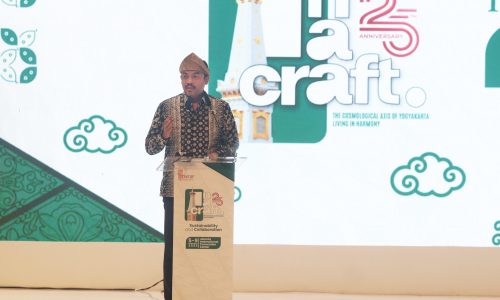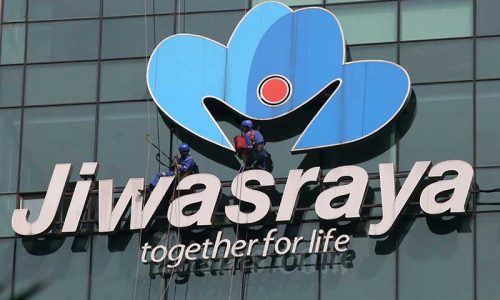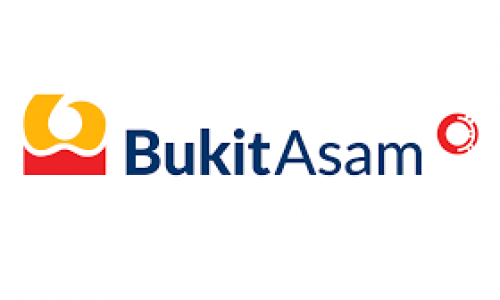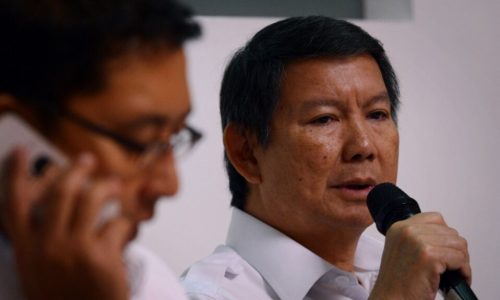Commission XI of the House of Representatives (DPR) has sanctioned a state capital injection (PMN) amounting to Rp965 billion (US$59 million) for State-owned train manufacturer PT Industri Kereta Api (INKA).
This approval came after a comprehensive review of the 2024 PMN proposals from various state-owned enterprises (SOEs), including INKA, and was finalized in a meeting on Wednesday, July 3, 2024.
The allocated funds will be utilized to boost the production capacity of INKA’s factory in Banyuwangi, East Java, targeting an output of 250 train units per year.
During a hearing with Commission XI on Monday, July 1, 2024, INKA’s President Director Eko Purwanto indicated that the PMN is necessary to expand production capacity, as internal resources are currently insufficient.
“The development of the factory is crucial for INKA to meet the demand for railway facilities, especially from domestic clients,” Eko said, as quoted by Antara.
At present, INKA operates a factory in Madiun, East Java, with the capacity to produce 800 freight car units, 225 passenger car units, 15 locomotives, 300 bogie sets, and 40 self-propelled train units annually.
However, the high volume of orders has overwhelmed the Madiun plant. To resolve this, INKA intends to launch a new factory in Banyuwangi to handle additional orders.
Eko clarified that the Rp965 billion capital injection will be used to prepare the production facilities, aiming for the Banyuwangi factory to produce 250 train units annually.
The PMN will also finance the procurement of production equipment, such as carbody machines, and the enhancement of stainless steel production lines.
Furthermore, the PMN will be allocated for purchasing testing equipment to ensure the quality of INKA’s products, including the construction of a three-kilometer dynamic test track. The funds will also support essential factory operations, such as building access roads for product mobilization within the factory.
INKA targets for the Banyuwangi factory to be fully operational and ready to meet orders by the second half of 2025.









